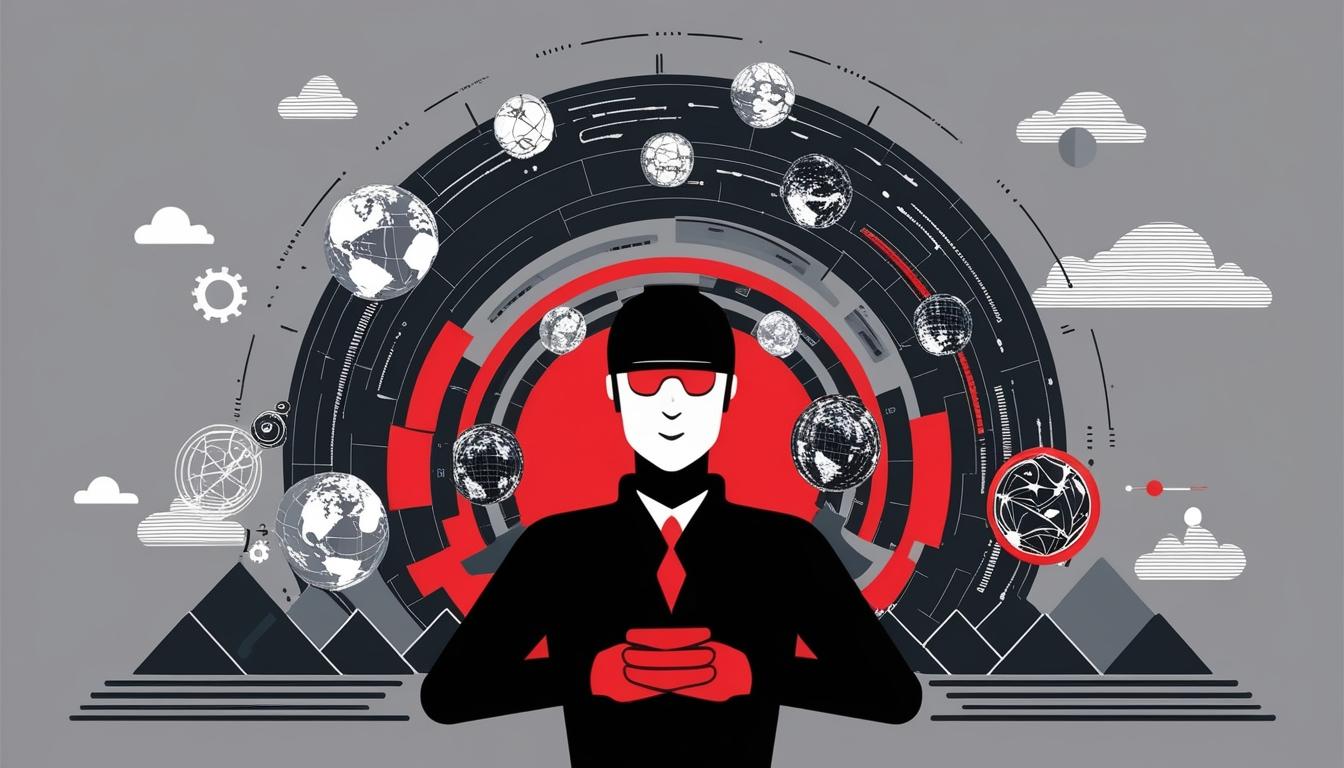Google DeepMind is undertaking a significant new initiative by recruiting a team of artificial intelligence researchers aimed at developing advanced models capable of simulating the physical world. This project signifies a robust move towards enhancing AI’s ability to comprehend and forecast physical phenomena, a sector projected to reach a valuation of approximately $50 billion by the year 2030.
Tim Brooks, previously a co-lead of OpenAI’s Sora, is set to steer this ambitious project which intends to create generative world models. These models are designed not only for real-life predictions but also for applications in video game design and robotics. Brooks' depth of experience in AI development, marked by contributions to notable advancements in physical simulation, positions him as a key figure in this initiative.
The job listing for the new positions states, “Join an ambitious project to build generative models that simulate the physical world.” The team is expected to engage in scaling pretraining on video and multimodal data to accelerate the journey toward artificial general intelligence (AGI). The anticipated advancements from these world models encompass a variety of domains including visual reasoning, simulation, planning for embodied agents, and real-time interactive entertainment. The initiative will also leverage and expand upon existing research from the Gemini, Veo, and Genie teams, addressing vital challenges necessary to enhance the scalability of world models.
The responsibilities of the new team include implementing core infrastructure to develop generative models, solving critical problems to train world simulators on a massive scale, establishing metrics for physical intelligence, and enabling real-time generation. The focus will also be on integrating world models with multimodal language models. As evident in their job description, DeepMind is prioritizing approaches that are both efficient and scalable, reflecting a trend that is currently shaping the AI development landscape.
In terms of remuneration, Google is reportedly offering competitive salaries between $136,000 and $245,000, alongside bonuses and equity options. This compensation signalizes the intensifying competition within the AI talent market, characterised by a growing demand for leading researchers in innovative technological fields.
The project is marked as a critical leap forward in physical simulation, enhancing techniques that have been honed over years in computational modelling and physics engines. Industry studies point out that effective simulations of the physical world may cut product development cycles by as much as 60% across numerous sectors.
This initiative coincides with a phase where AI-driven physics simulation is being increasingly recognised for its potential applications. In manufacturing, for instance, virtual testing stands to save industries billions in prototype costs. Similarly, in the realm of environmental science, improved predictions regarding climate change are among the anticipated benefits of this technology.
The collaboration between the new team and existing projects like Gemini, Veo, and Genie illustrates a holistic strategy towards developing AGI. Analysts project that the successful incorporation of such physical world modeling could expedite the journey to AGI by several years.
DeepMind’s focus on scalable AI solutions highlights its intent on ensuring practical applications are at the forefront of development efforts. Previous projects have shown that scalable AI technologies can mitigate computational expenses by up to 40% while preserving accuracy in physical simulations.
Recent analyses in the market indicate that companies leveraging physical world simulation technologies could experience boosts of up to 25% in research and development efficiency. Sectors such as automotive, aerospace, and robotics are expected to benefit from this technology, which can alleviate the time and costs associated with physical testing.
Moreover, the shift towards integrating multimodal data signifies a transformative evolution in AI development strategies. Research indicates that utilising diverse data types enhances prediction accuracy by up to 35% when juxtaposed with singular-mode methodologies.
Experts in AI contend that mastery in physical world simulation could have a profound impact on fields like autonomous robotics, where the ability to accurately understand and anticipate physical interactions holds paramount importance. Current estimates propose that this advancement could potentially decrease the training time for robots by as much as 70%, while simultaneously enhancing their performance in complex operational tasks.
Source: Noah Wire Services
